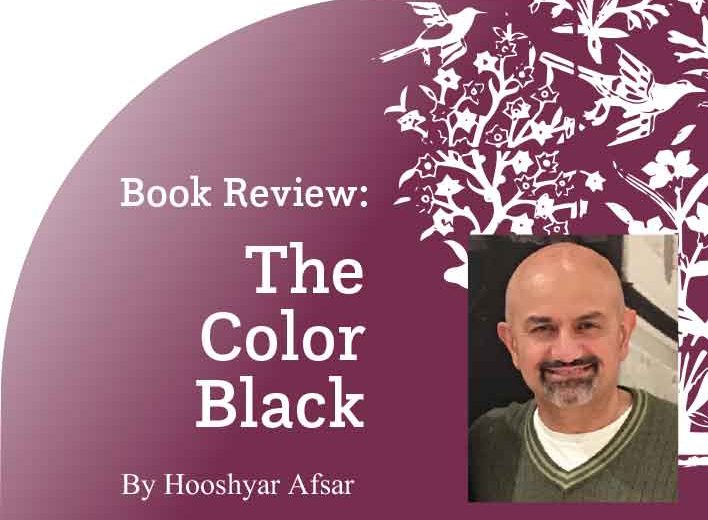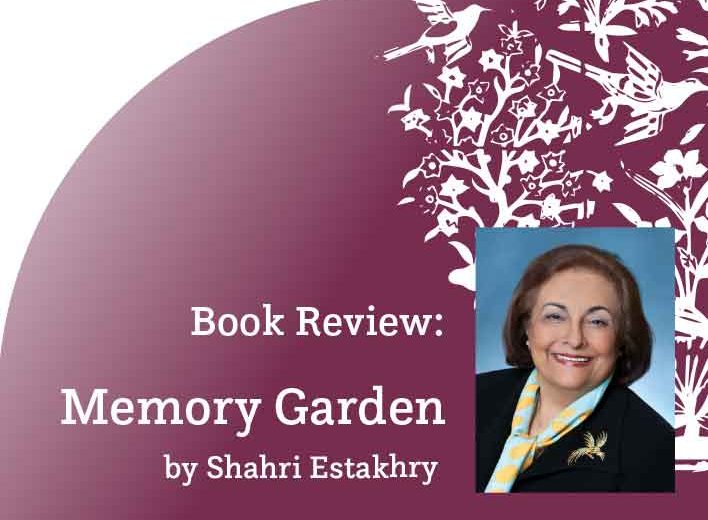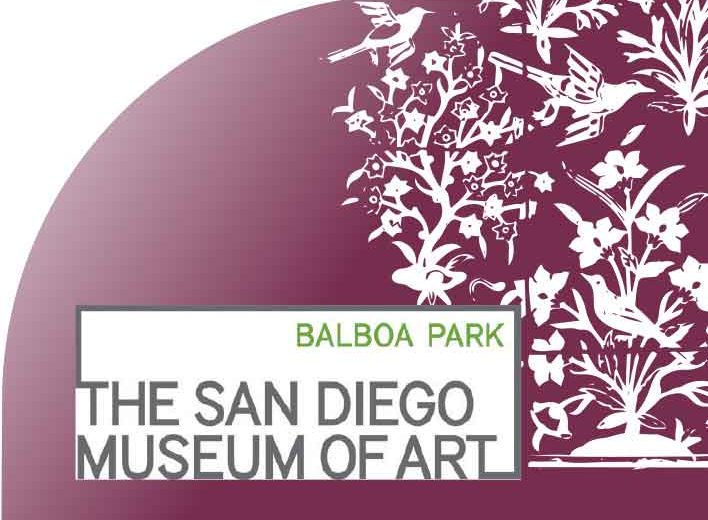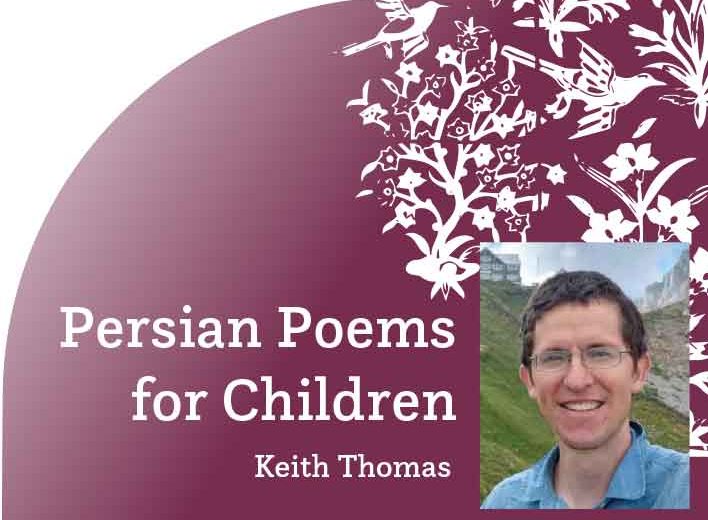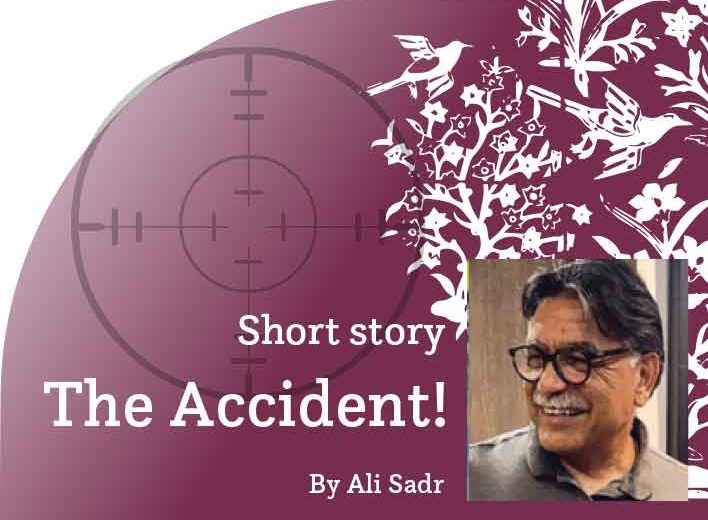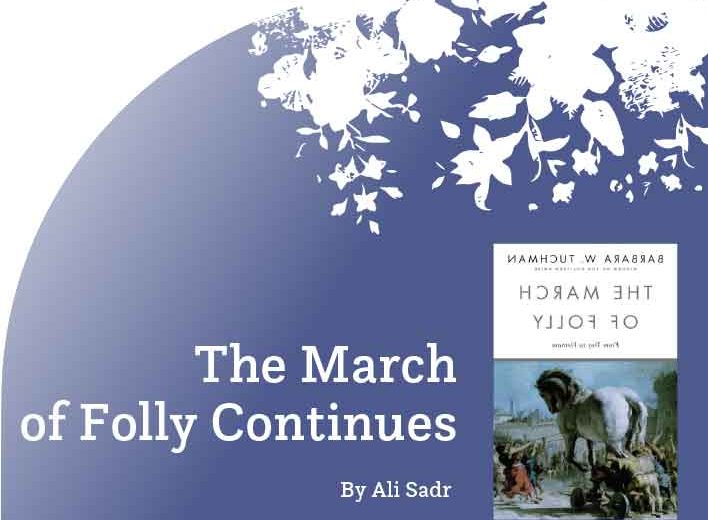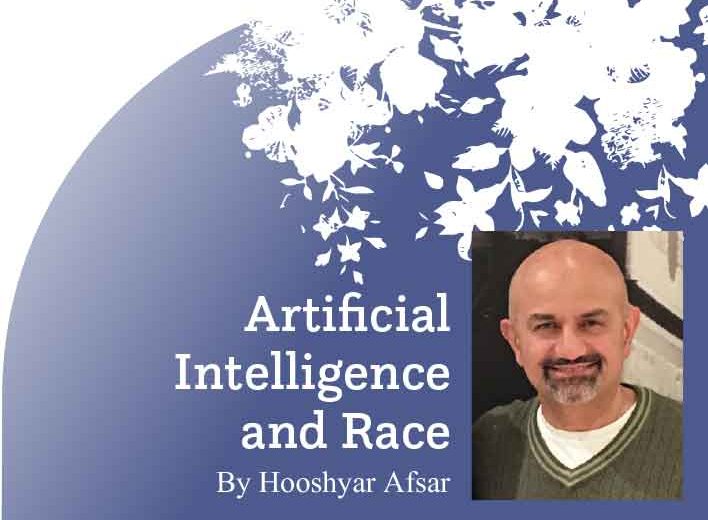By Shaghayegh Hanson
Let us begin with a well-known fact: in Iranian culture, lighter skin and more European looks have always been favored. I know this first-hand because I fall on the darker side of the spectrum and have had to deal with such prejudice from my own community. I have written about the experience before in these pages, in an article entitled, “Why Whiter is Not Better.” It is, therefore, no surprise that racism and prejudice against black Americans is a problem in our community, however implicit it may be.
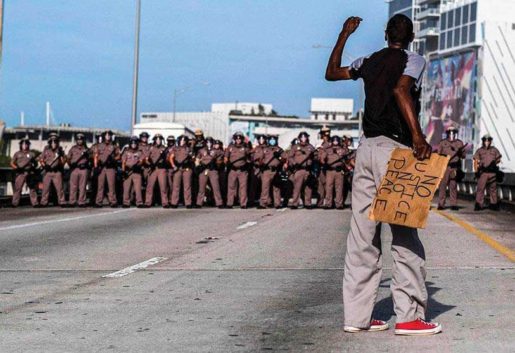
Predictably, observing my fellow Iranian Americans’ reactions to the Black Lives Matter (BLM) demonstrations has been both heartening and disappointing. I am happy to say that most of us were, at the very least, sympathetic, and some of us donated to the cause or marched in support and solidarity. However, I have come across some views and comments on social media and other forums that are perplexing, to say the least.
For example, some of our number in the Los Angeles area were so outraged about the broken windows of their up-scale Beverly Hills’ stores that they decried the largely peaceful protests as untamed lawlessness. It seemed the sheer nerve of people intruding into their exclusive bubble was far more criminal than the reason why the demonstrations were happening in the first place.
Another example is a comment on an article I saw about an Afghan artist’s mural of George Floyd in Kabul, next to an Iranian flag (in protest against reported racist attacks in Iran against Afghan refugees). The article quoted the artist as saying that Floyd was now a symbolic global figure. The Iranian person’s comment was: “A criminal is a global figure!” I could not help but feel this was a racist statement since it was so baseless and venomous. By then, the Minneapolis police department had arrested the officers involved in the only crime that had taken place—the murder of an unarmed, restrained human being who repeatedly said “I can’t breathe.” The police admitted Mr. Floyd was not resisting arrest as first alleged, nor was it true that he gave the store in question a fake $20 bill.
An especially offensive piece of writing came from an unexpected source; the editor-in-chief of the Independent Persian, Camelia Entekhabifard—a respected journalist, writer, and Middle East commentator, with master’s degrees from NYU and Columbia—wrote: “In Mashhad, they did a candlelight vigil for George Floyd. Do they know he was a porn star? The Shiite Ayatollahs and Mr. Khamenei speak of Floyd’s citizenship rights being violated. In Iran, he could have been executed and buried in an unmarked grave long ago.” Some felt this was not racist so much as commentary about the Islamic regime’s hypocrisy. But we all know this already about the Islamic regime. Why was it necessary to denigrate the memory of a murdered man, and the validity of the BLM movement, just to make an obvious and well-documented point about the undemocratic, oppressive nature of the Islamic regime? The statement in itself is logically confounding; are we, as Iranian Americans, forever destined to measure the quantity and quality of freedoms here against the low bar set by the Islamic regime? Are we not allowed to expect more for everyone, not just us lucky Iranian escapees, from one of the largest democracies in the world? Should the theory that George Floyd would have been killed for his undesirable occupation in Iran make it any better that, in fact, in this new, free country of ours, he was targeted, then murdered, by a police officer for the color of his skin?
Entekhabifard also stated: “The black people in this country have come a long way to achieve equal citizenship rights and freedoms.” No, they have not, Camelia; that is the whole point of the movement. Quite apart from the systemic racism in places like the job market, the housing market, healthcare, education, and voting rights, black Americans are two-and-a-half times more likely to be shot and killed by police than white Americans. This is not an opinion by what she calls “chaos-making Democrats ready to invert the truth just because they are anti-Trump,” it is a fact. It is also a fact that Trump has used racist tropes as a dog-whistle to his base, legitimizing their prejudices and making the racists bolder and more vocal. It is not surprising that photos show the officer who killed George Floyd—Derek Chauvin—at a Trump rally, looking happy as a lamb.
“It is good for us to worry about the rights of other minorities such as Black Americans,” Entekhabifard went on. You could just feel the “but” coming, and it did: “But should we also worry for looting, chaos and destruction of property? What about peaceful demonstration in support of citizenship rights?” I would just make two points. Trump used tear-gas (and then lied about it being tear-gas) to disperse a peaceful crowd protesting outside the White House so that he could facilitate a photo-op, while holding a bible—remind you of a certain regime? No one said looting was okay; it is the characterization of all the hundreds of thousands of protestors as looters who need to be contained by the national guard that smacks of authoritarianism. It is the elevation in concern for, and focus on, property damage over the value of black lives that offends humanitarian values.
Disappointingly, Entekhabifard further stated: “Those of us who have migrated to the West in the last few decades, escaping the tyranny and oppression brought along by the rulers of the Islamic Republic have forgotten all that the second country has given us.” Why? Because we see both the hypocrisy of the Islamic regime and the hypocrisy of the U.S. in the way it deals with its black citizens while claiming to be the greatest democracy in the world? Because we do not dismiss the BLM protests based on the looting that has taken place? Because we expect more from this country than just not being arrested, tortured, and killed for having an opinion?
We are indeed fortunate—and grateful (who wouldn’t be?)—that we do not live under a regime as oppressive as the Islamic Republic. But to imply that our gratitude, as free Iranians in America, should blind us to the way black lives are devalued in this country is selfish, short-sighted, and, yes, racist. Racism exists not only in the form of the burning cross and the white hood, it also exists in the silence and inaction of those who can watch yet another innocent black life taken by police and still believe black Americans have “come a long way.”
If anything, exposure to the inhumane tactics of the Islamic regime should make us Iranian Americans even more sympathetic to the Black Lives Matter movement. We know demonstrations for freedom are not clean and tidy affairs. We know there will be some property destruction and other undesirable side effects, but the cause must persist, regardless. “No justice, no peace,” is a slogan we should embrace.


